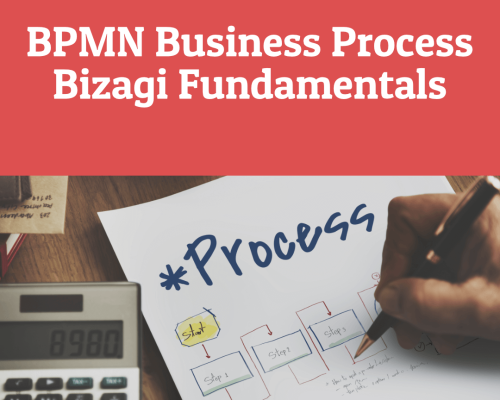 Praktik penerapan Knowledge Management. Pembahasan dimulai dari proses Knowledge Management, transformasi data menjadi knowledge, hingga arsitektur, sistem, dan asesmennya.
Praktik penerapan Knowledge Management. Pembahasan dimulai dari proses Knowledge Management, transformasi data menjadi knowledge, hingga arsitektur, sistem, dan asesmennya.
OBJECTIVES
- Memahami tentang manajemen perubahan dan proses tantangan kedepan yang harus diantisipasi dalam mengelola perusahaan
- Memberikan wawasan proses pengembangan perusahaan dengan knowledge management
- Memahami proses implementasi knowledge management di perusahaan
- Mengetahui prinsip-prinsip dan aplikasi Knowledge Management dalam perusahaan
AUDIENCE
- Pimpinan Perusahaan
- Manager Perusahaan
- Profesional IT
- Supervisor
PREREQUISITES
Tidak ada training khusus yang dipersyaratkan
CONTENT
1. Introduction
1.1. What and Why?
1.2. Knowledge Management Process
2. Tranformation
2.1. Data – Information – Knowledge
2.2. Types of Knowledge
2.3. Knowledge Visualization (Mind Map, BPMN)
3. Architecture
3.1. Foundations (Infrastructure, Mechanism, Technology)
3.2. Solutions (Processes, Systems)
4. Systems
4.1. Knowledge Discovery Systems
4.2. Knowledge Capture Systems
4.3. Knowledge Sharing Systems
4.4. Knowledge Application Systems
5. Assessment
5.1. Organizational Impacts
5.2. Type of Assessment
Course Features
- Lectures 15
- Quizzes 2
- Duration Lifetime access
- Skill level All levels
- Language English
- Students 21
- Certificate Yes
- Assessments Yes
- PERSIAPAN
- 1. Introduction
- 2. Tranformation
- 3. Architecture
- 4. Systems
- 5. Assessment
- PENUTUPAN




